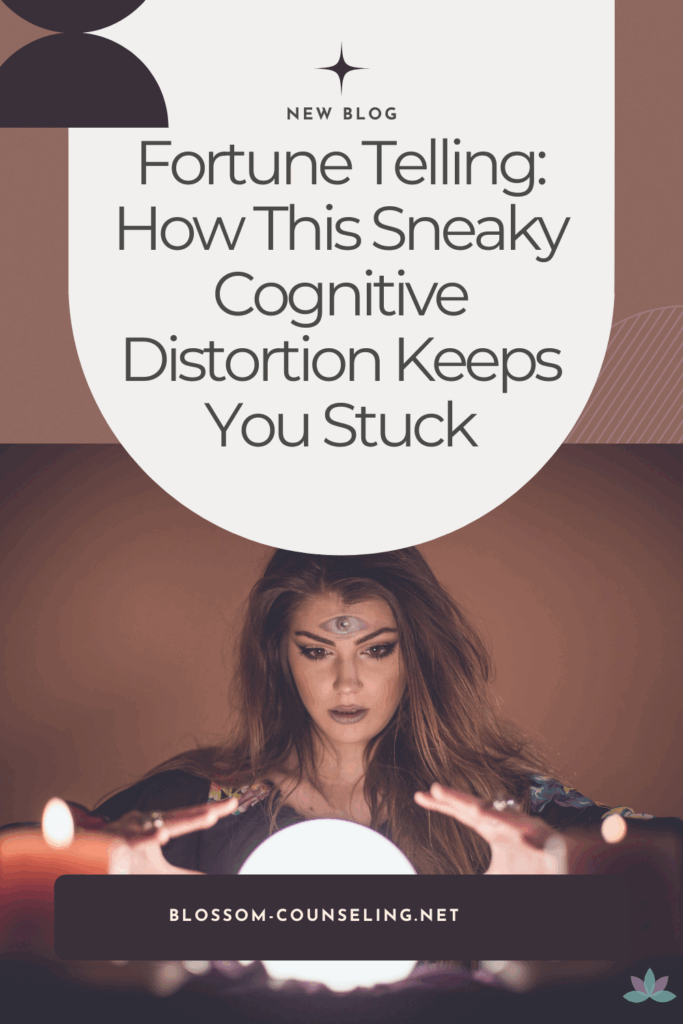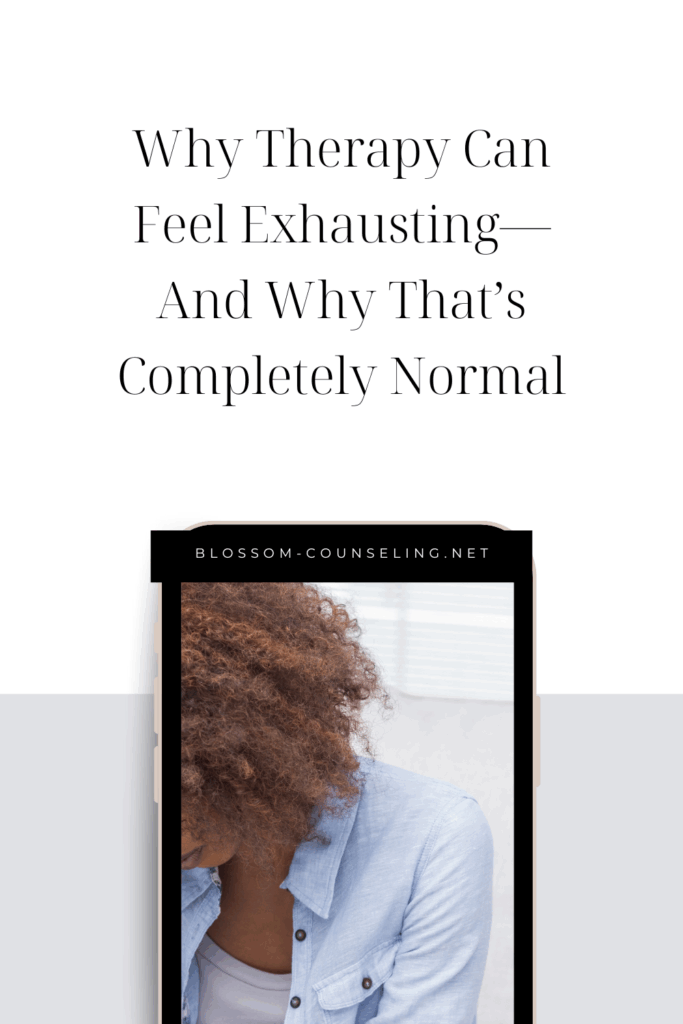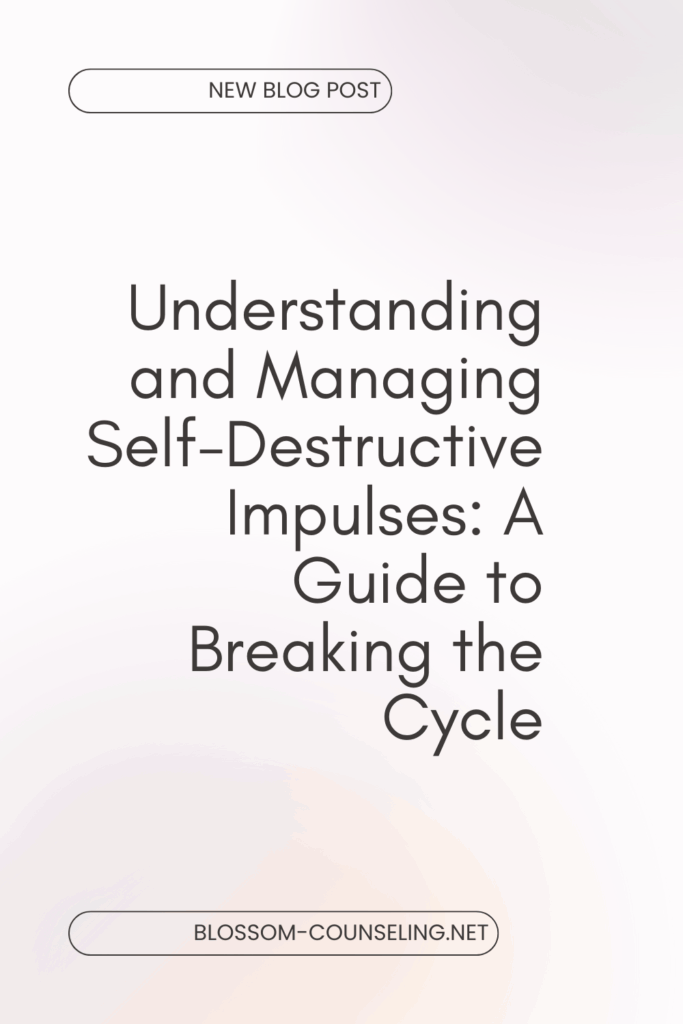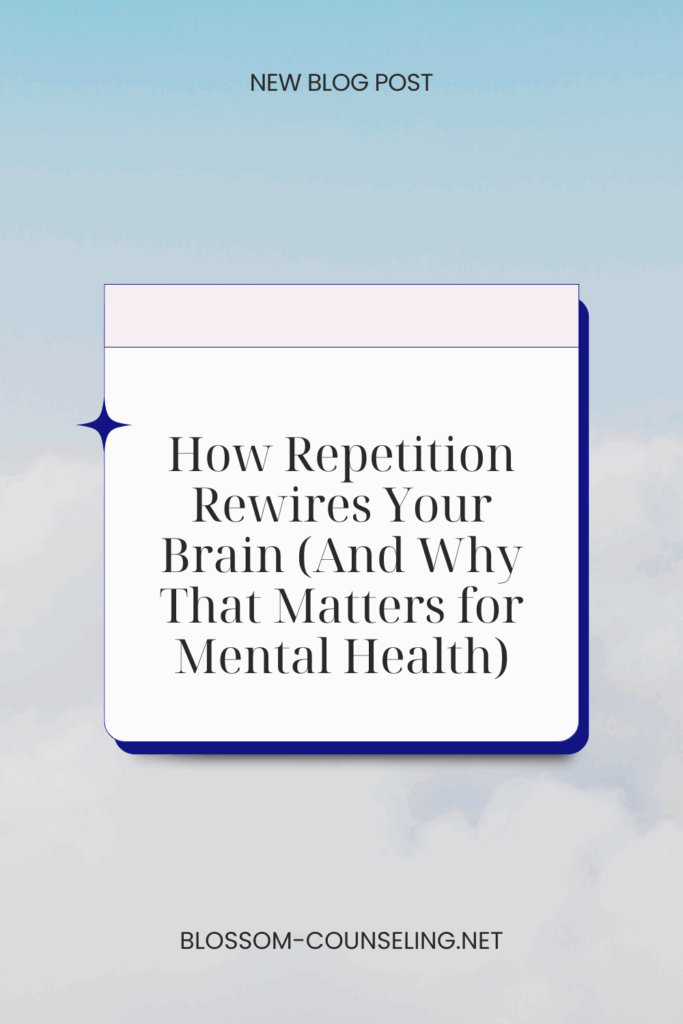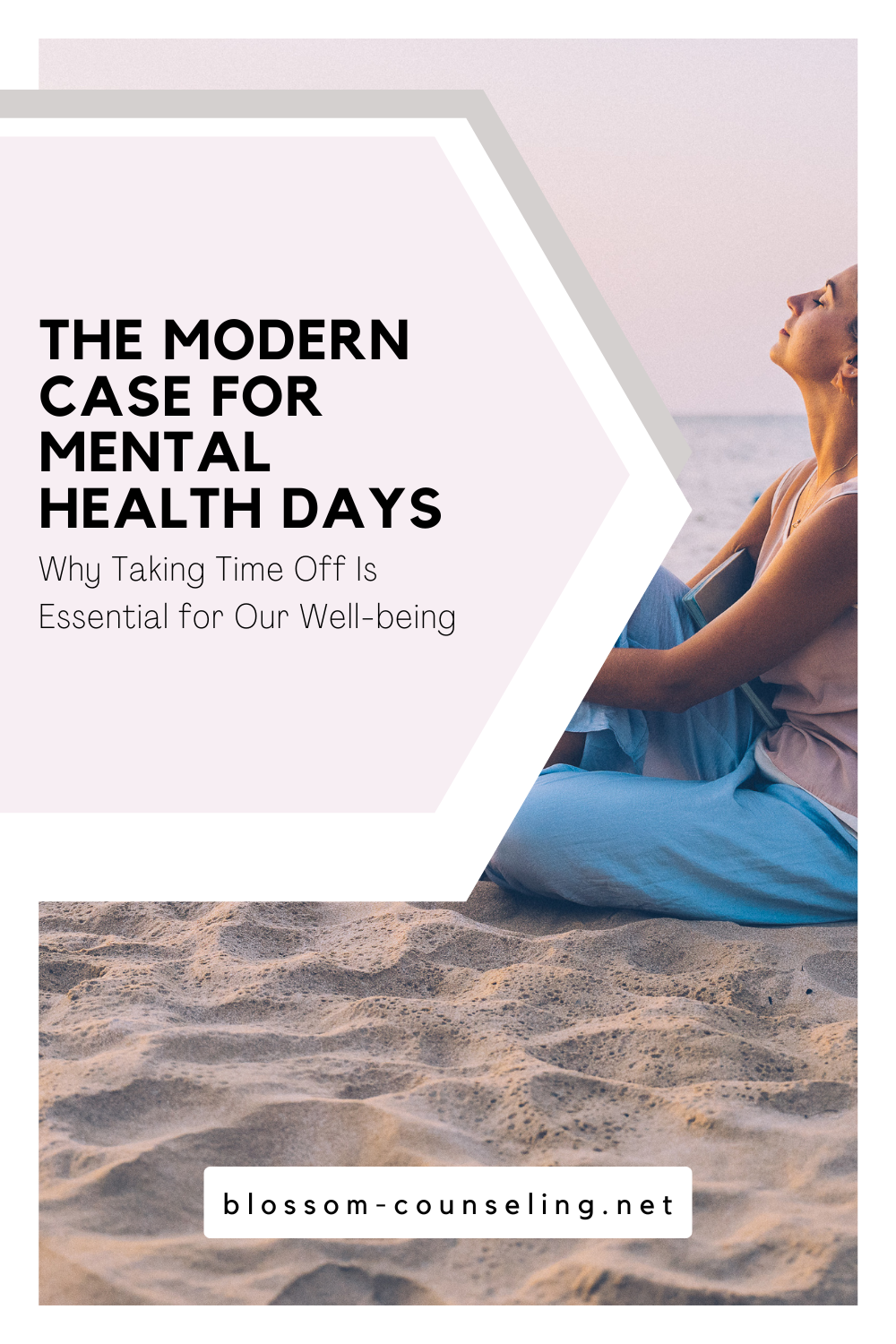
In today’s fast-paced world, the lines between work and personal time often blur, creating a relentless cycle that can lead to burnout. The concept of a ‘mental health day’ is becoming increasingly accepted as essential to our well-being, not just a luxury for when we’re visibly ill or overwhelmed. Here’s why it’s not only okay but necessary to occasionally hit the pause button and take a day for yourself.
Recognize the Signs: It’s More Than Just Physical
Firstly, it’s crucial to recognize that being “unwell” isn’t limited to physical symptoms. Mental and emotional exhaustion can severely impair our ability to function, perhaps more insidiously than a cold or a fever. Symptoms like persistent irritability, anxiety, lack of motivation, or feeling unusually drained are your mind and body’s signals that they need a break just as much as they would for physical ailments.
The Benefits of Pressing Pause
Taking a mental health day is an act of self-care that can prevent the buildup of stress and help maintain your long-term productivity and health. It offers a much-needed reset for your mental state, allowing you to return to your daily tasks refreshed and realigned with your goals. It’s about giving yourself permission to rest and rejuvenate, much like you would nurture a physical injury.
What to Do on a Mental Health Day
What you do on a mental health day can be as varied as the individuals taking them. Some might find solace in nature, taking a long walk or a hike. Others might find it more beneficial to disconnect from all digital devices and read a book, practice meditation, or engage in a hobby that they love but often don’t have time for. The key is to engage in activities that make you feel recharged and fulfilled.
Setting Boundaries: It’s Okay to Say No
Part of the challenge in today’s work culture is the overwhelming need to be constantly available and productive. Setting boundaries is not only healthy but necessary. It’s okay to say no to additional responsibilities when you’re already feeling stretched thin. A mental health day helps reinforce these boundaries, reminding us and those around us that personal time isn’t negotiable—it’s vital.
Creating a Sustainable Work-Life Balance
Ultimately, the aim of taking mental health days is to create a more sustainable work-life balance. Regularly integrating these days into your life can help you maintain a healthier routine, reducing the likelihood of severe mental burnout. It’s about making a commitment to treat your mental health with the same urgency and care as your physical health.
The Path to Normalizing Mental Health Care
Normalizing mental health days in both our personal lives and in the workplace is a step towards broader mental health awareness and care. By openly discussing and practicing mental self-care, we contribute to a culture that prioritizes well-being in all its forms, encouraging everyone to thrive not just professionally, but personally.
Taking time off for mental health is an investment in your overall well-being. By allowing ourselves the space to breathe and reset, we’re not just benefiting our own health; we’re setting a precedent that nurtures a more mindful, compassionate, and productive society. So, the next time you feel the waves of stress and fatigue washing over you, remember it’s more than okay to take a step back and take a day just for you—it’s necessary.
Our team of compassionate therapists is here to help you find the support you need. We believe in a holistic approach, treating your mind, body, and spirit. With a blend of traditional and alternative therapies, we tailor your experience to meet your unique needs. At Blossom, we create a non-judgmental space where you can be your authentic self. Our goal is to empower you, amplify your strengths, and help you create lasting change. Together, we’ll navigate life’s challenges and help you bloom, grow, blossom! You deserve to become the best version of you.

